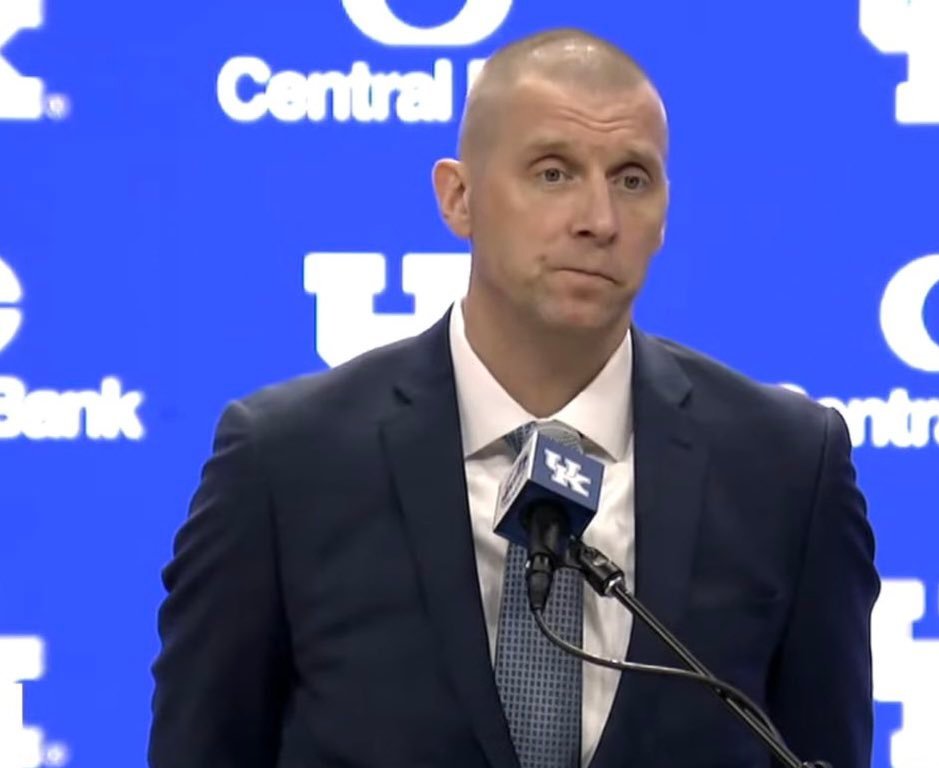
Mark Pope wasn’t perfect at BYU, but his departure could leave program hurting for awhile
Cougars should move quickly to replace the popular coach in order to keep 2024-25 roster intact as much as possible
A year ago at this time, Mark Pope’s seat was beginning to warm a little bit at BYU after the Cougars finished their final season in the West Coast Conference in a fifth-place tie with San Francisco and Pacific and failed to make the NCAA Tournament for the second-straight year.
In the space of 12 months, the hyperbolic and ever-enthusiastic Pope went from having a mild case of the blues — by his standards — to one of the true blue bloods of college basketball.

Could Pope’s departure be a blessing in disguise for the Cougars? Yeah, probably not. Cal coach Mark Madsen’s Friday morning statement that he is staying in Berkeley ended that pipe dream.
When Pope’s name started to surface as a possible candidate for the Kentucky job when John Calipari bolted for Arkansas, my immediate thought was that BYU would be in a world of hurt if big-name candidates such as UConn’s Dan Hurley, Alabama’s Nate Oats and Baylor’s Scott Drew turned down the Wildcats and UK athletic director Mitch Barnhart pursued Pope.
Well, the unthinkable has happened.
Everyone in Utah has always known that there were only a handful of jobs for which Pope would leave BYU, and Kentucky, his alma mater, was at the top of the list. BYU was a good fit for Pope; Kentucky will be an excellent one — at least that’s what Rick Pitino thinks.
That BYU has perhaps the most shallow coaching candidate pool in the country adds to the problem in Provo, especially if the school adheres to a long-standing practice that its head coaches be members of the faith that sponsors and supports the institution, The Church of Jesus Christ of Latter-day Saints.

The next John Wooden, or even the next Mark Pope, isn’t walking through that door.
Chances that BYU gets a Pope replacement with previous Division I head coaching experience are slim to none. UNLV assistant Barret Peery, an average coach for four years at Portland State, is about the only viable candidate that checks that box.
That’s not to say that Pope was perfect in his five-year tenure at BYU after coming over from Utah Valley; his success this past season as BYU went 10-8 and finished fifth in the Big 12 after being picked to finish 13th can’t be ignored. It was a remarkable coaching job, especially considering that it was roughly the same team that went 19-15 the previous season.
But let’s not brush off Pope’s shortcomings at BYU, either. He lost two first-round games in the Big Dance he was favored to win, to UCLA and Duquesne, and could never overtake Saint Mary’s as the second-best team in the WCC behind Gonzaga, among other glaring deficiencies that should and are giving Kentucky fans some heartburn.

Be the first to comment